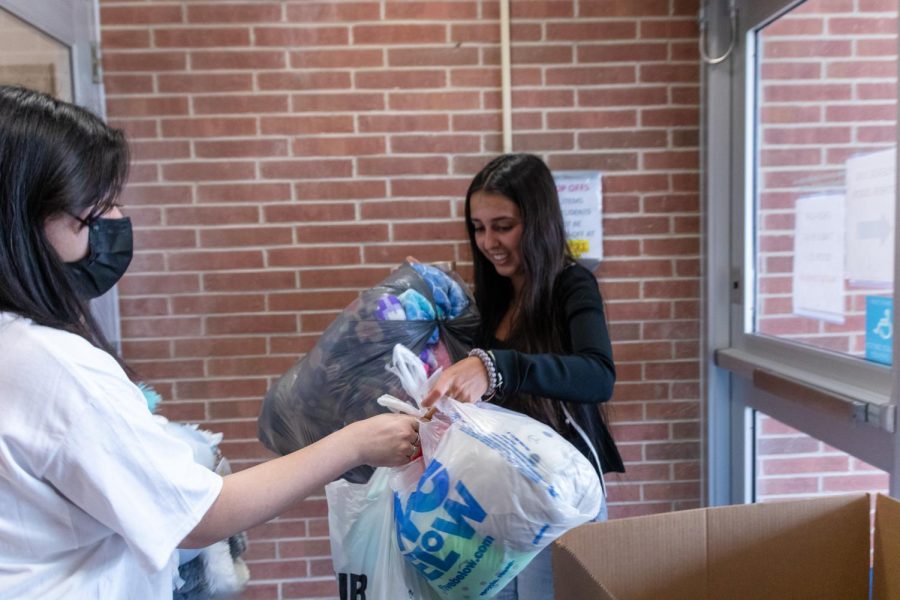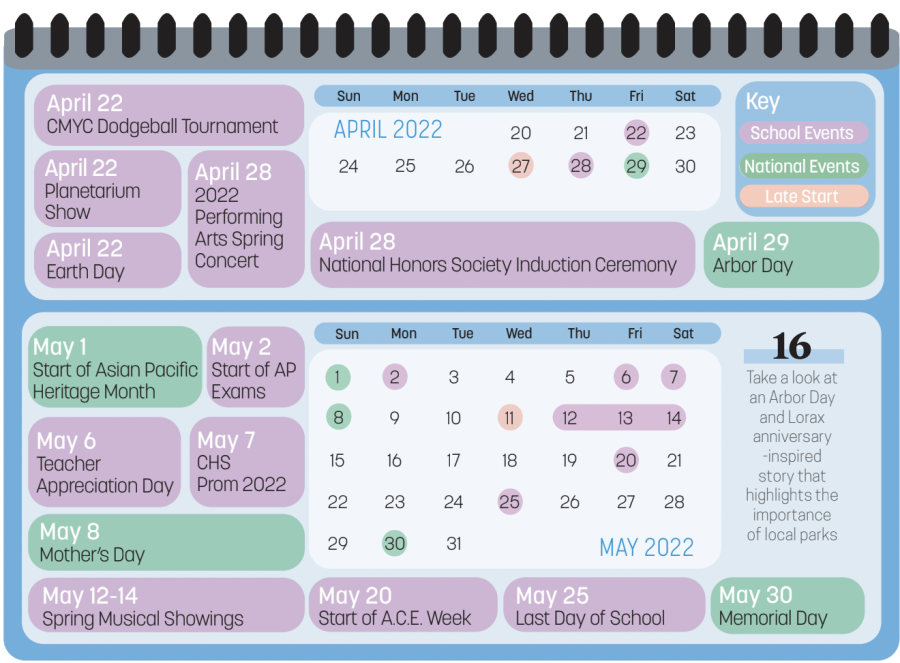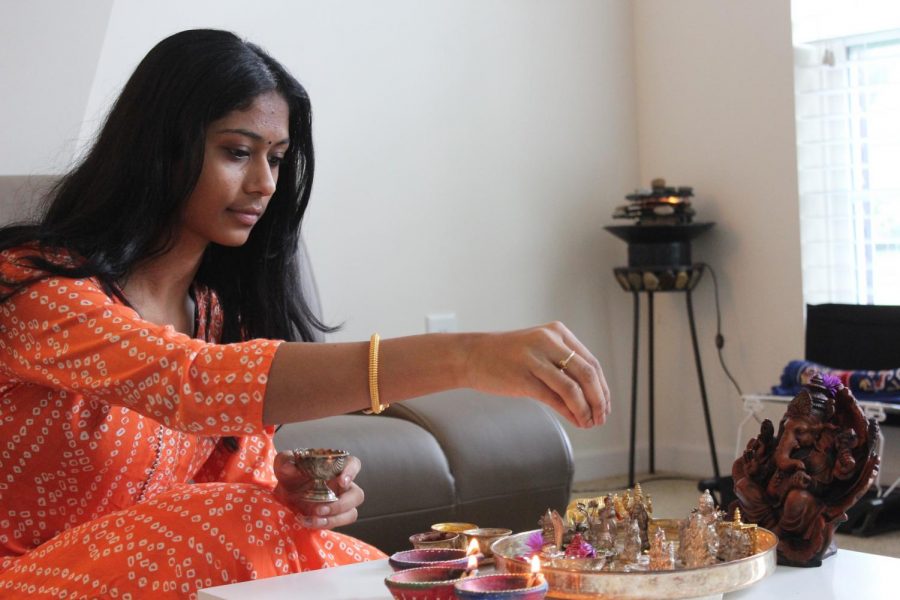As Diwali approaches on Nov. 4, many Indians prepare for the holiday. On this day which originated in the Indian subcontinent, Hindus, Jains, Sikhs and Newar Buddhists celebrate the victory of good over evil. Since Diwali is the festival of light, fireworks glow and glimmer in the new moon sky, and clay oil lamps illuminate cities across India. But while this religious holiday is celebrated on a grand scale in India, Indians living in America celebrate Diwali differently due to cultural limitations. Sophomore Roohi Sanka explained how celebrating Diwali in the United States has a different atmosphere than celebrating it in India.
“Here I feel like everything is toned down,” she said. “It isn’t much of a community thing as much as it is a family thing here. But we still do kind of hold celebrations that are hosted by organizations and things like that. So that’s always something to look forward to.”
Sanka is not alone. Indians living all over the United States said they experience smaller traditions and less of a community feeling compared to Diwali celebrated in India. Sophomore Keshav Singh, another student who celebrates Diwali, pointed out how Diwali in India is more of an event celebrated with the extended family, in contrast with the celebration of closer family members here in the United States.
“There is some deviation, especially in India where it’s more of a celebration with your extended family,” he said. “A lot of the prayers (in India) are done with the extended family, and the dinner is also done with the extended family. While here, you just do the prayer with your close family and then usually in the community or neighborhood there are celebrations where you go and do fireworks and other stuff.”

Singh said he agreed with Sanka about Diwali being toned down.
“Here, there’s not as much sense of holiday spirit,” he said. “Around here during Christmas time, there’s a huge holiday spirit. And it’s the same sort of atmosphere in India. While I get that (holiday spirit) a little bit, especially when I come home from school and we’re about to start celebrations, it’s definitely less here.”
Pallavi Belamkar, the executive cultural chair of the Hindu Temple of Central Indiana, said Diwali is mainly a religious holiday with a religious background.
“The word Diwali comes from the Sanskrit word Deepavali, which means ‘string of lights,” Belamkar said. “There are two stories behind that. One is Lord Rama was sent to exile for 14 years and when he came back, his kingdom lit the roads with oil lamps to welcome him back. The second one is when Lord Krishna slayed Narakasura who was a demon terrorizing the people. When (Krishna) came back, that was another victorious moment, and a reason why we celebrate Diwali. The victory of good over evil.”
She also elaborated on Singh’s observation about the lack of holiday spirit for Diwali here in the United States.

“In India, it’s more like families and friends coming together. Usually at that time, schools and colleges are closed. Businesses close down early so people can be together with their families. In this country, that doesn’t happen,” she said. “It’s like a get-together with friends. There’s not much gift-exchanging and things like that. None of the fireworks either. In India, over the course of that whole period there are a lot of fireworks happening.”
However, even with the cultural differences of celebrating Diwali in the United States in contrast to India, families here still find ways to practice and maintain traditions. Sanka shared some of the traditions of Diwali she and her family celebrate.
“Diwali is the festival of light. It mainly represents the victory of good over evil, light over darkness. So we light clay lamps–they’re called ‘deepams’–to kind of chase away that darkness,” Sanka said. “We decorate them all around the inside and outside of the house. We also do Rangolis. Basically, there is colored powder outside of your house. You make color designs out of it and it welcomes people to your house if you’re having people over.”
Singh said he maintains the religious traditions of Diwali through his father, who can read Sanskrit, an ancient language in India.
“My father studied Sanskrit in school, so he is able to read most traditional and unaltered prayers,” he said. “We use those for when we do the prayers. I think that’s a big part of keeping the original tradition alive.”
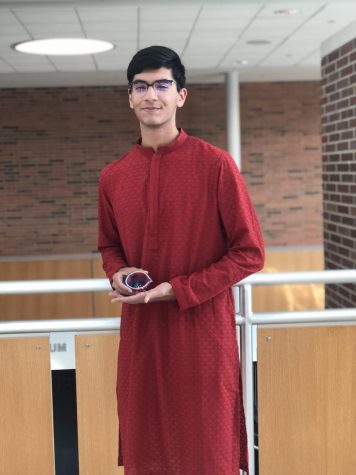
Singh said along with religious activities, he celebrates Diwali by eating his favorite traditional Indian snacks.
“My favorite food is actually a sweet dish that my mom makes,” he said. “It’s called ‘gulab jamun.’ The easiest way for me to explain it is that it’s a ball similar in consistency to a pancake. It’s basically just always sitting in sweet syrup. That’s my favorite food every Diwali.”
Even in a foreign country, Indian people celebrate Diwali because it represents their heritage. And if Sanka, Singh and Belamkar all had something in common, it would be their emphasis on maintaining their roots. Belamkar said Diwali is a key component of an Indian person’s heritage.
“Diwali is one of the most important festivals for the Hindus,” she said. “So pretty much every Hindu in this country celebrates Diwali. Those are our roots and I think nobody can go away from their roots. Our kids who are born and brought up in this country will follow the same cultures and traditions.”
Sanka said, “I feel like (Diwali) is not only something fun but it helps me connect back to my roots. It’s something that helps me keep with my culture.”
Being a part of the new generation of Indian Americans, Singh said passing on the traditions of Diwali is important to maintaining his culture.
“I think the importance is remembering where you came from, and remembering your culture,” Singh said, “because obviously if we don’t remember it, it will die out. So it’s something very important we need to pass on to our children. Diwali is a time to remember your roots, but also to enjoy yourself with family, friends and good food.”
















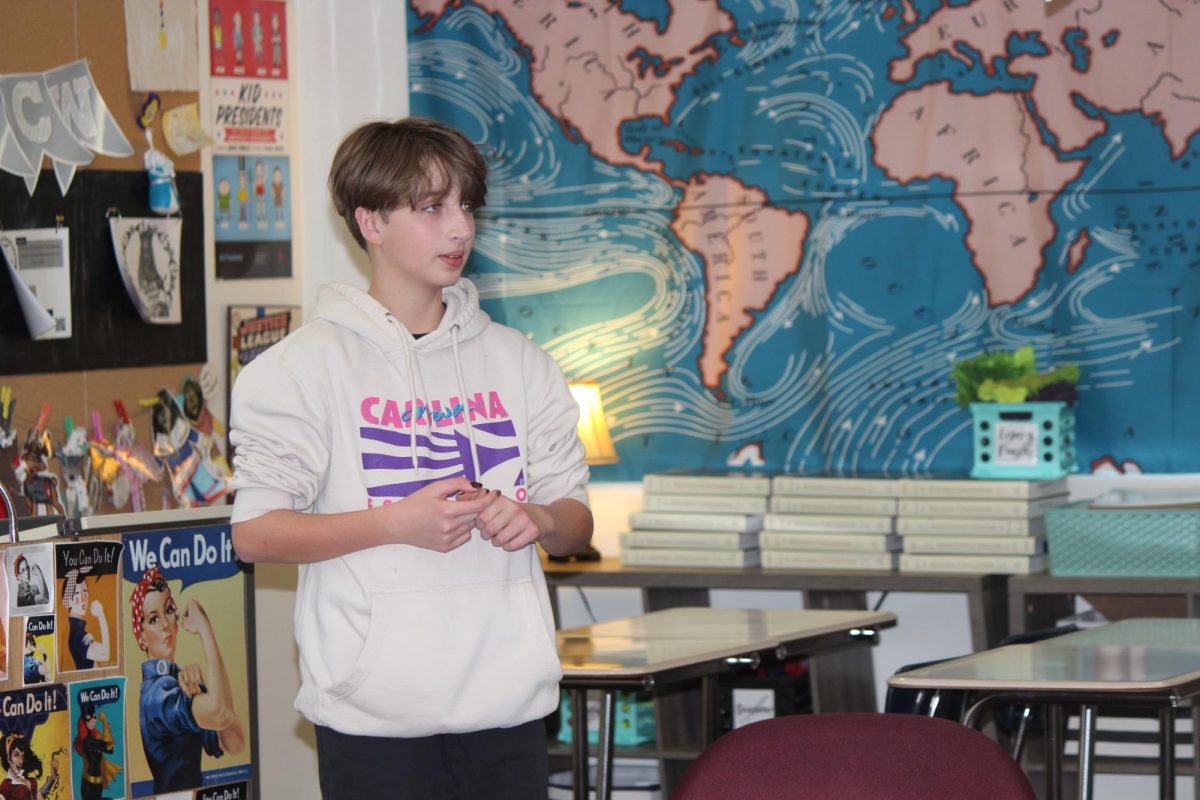












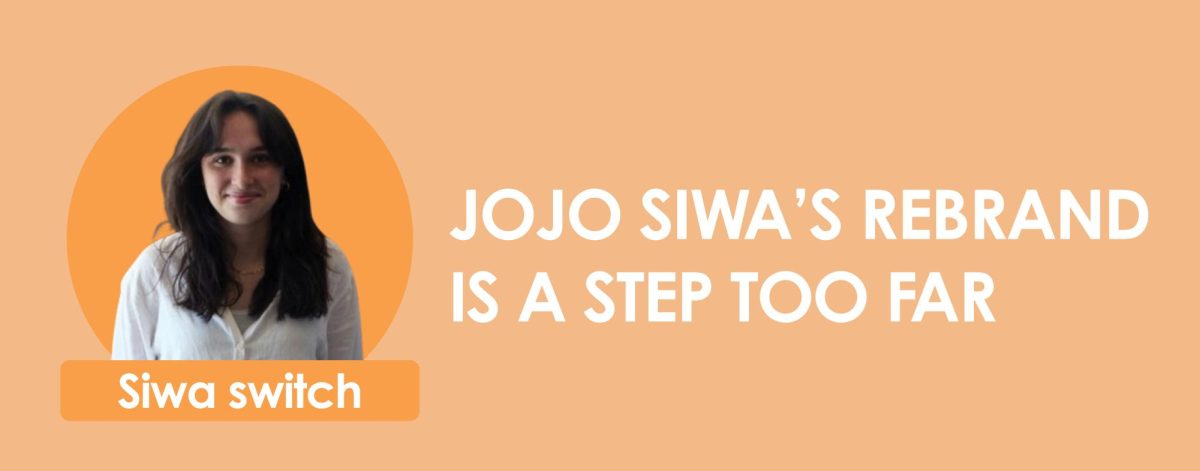
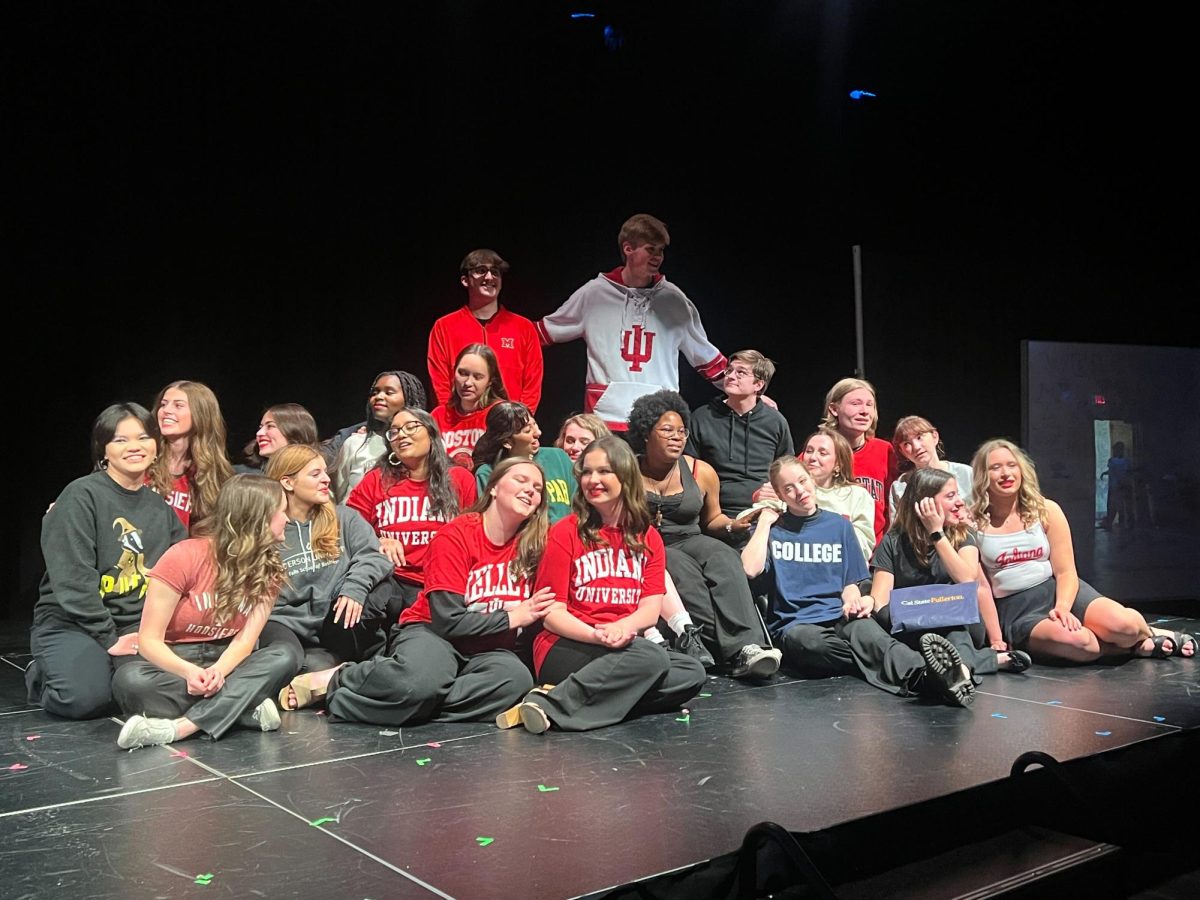



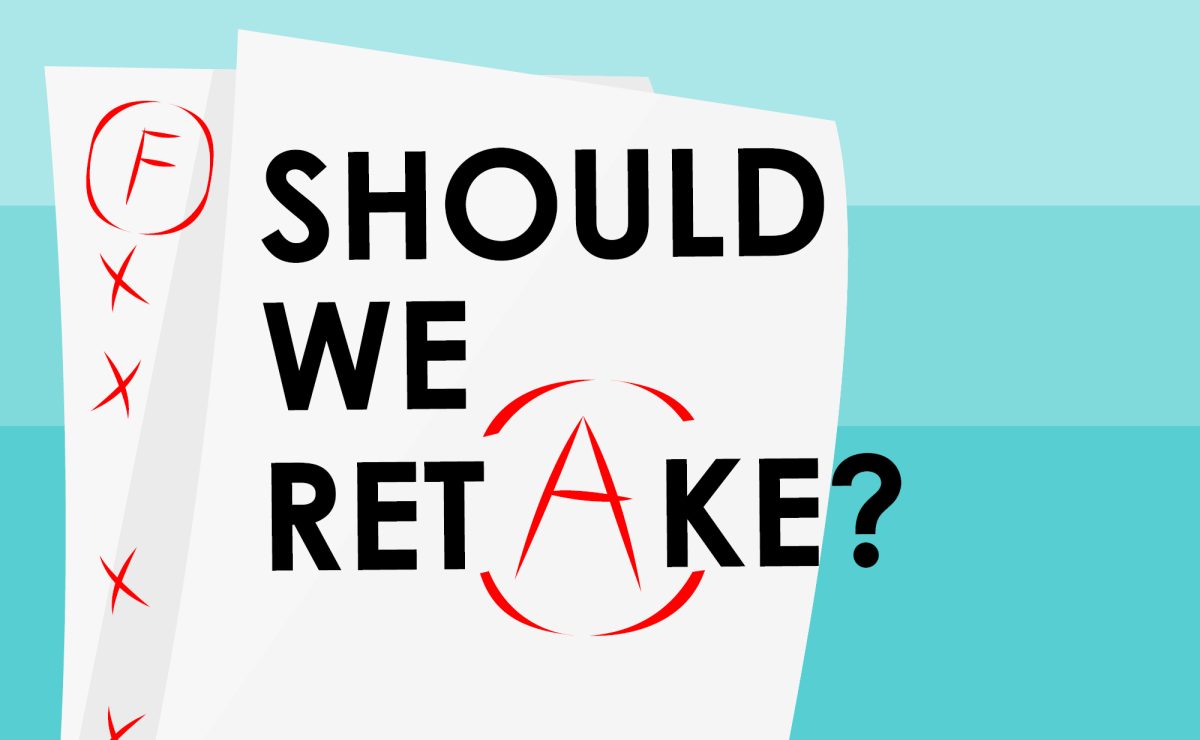


















![Review: “Suits” is a perfect blend of legal drama and humor [MUSE]](https://hilite.org/wp-content/uploads/2024/04/unnamed-1.png)
![Chelsea Meng on her Instagram-run bracelet shop [Biz Buzz]](https://hilite.org/wp-content/uploads/2024/04/IMG_2446-1200x838.jpg)
![Review: Quiet on Set: The Dark Side of Kids TV is the long awaited exposé of pedophilia within the children’s entertainment industry [MUSE]](https://hilite.org/wp-content/uploads/2024/04/unnamed.jpg)
![Review: “The Iron Claw” cannot get enough praise [MUSE]](https://hilite.org/wp-content/uploads/2024/04/unnamed.png)
![Review: “The Bear” sets an unbelievably high bar for future comedy shows [MUSE]](https://hilite.org/wp-content/uploads/2024/03/unnamed.png)
![Review in Print: Maripaz Villar brings a delightfully unique style to the world of WEBTOON [MUSE]](https://hilite.org/wp-content/uploads/2023/12/maripazcover-1200x960.jpg)
![Review: “The Sword of Kaigen” is a masterpiece [MUSE]](https://hilite.org/wp-content/uploads/2023/11/Screenshot-2023-11-26-201051.png)
![Review: Gateron Oil Kings, great linear switches, okay price [MUSE]](https://hilite.org/wp-content/uploads/2023/11/Screenshot-2023-11-26-200553.png)
![Review: “A Haunting in Venice” is a significant improvement from other Agatha Christie adaptations [MUSE]](https://hilite.org/wp-content/uploads/2023/11/e7ee2938a6d422669771bce6d8088521.jpg)
![Review: A Thanksgiving story from elementary school, still just as interesting [MUSE]](https://hilite.org/wp-content/uploads/2023/11/Screenshot-2023-11-26-195514-987x1200.png)
![Review: When I Fly Towards You, cute, uplifting youth drama [MUSE]](https://hilite.org/wp-content/uploads/2023/09/When-I-Fly-Towards-You-Chinese-drama.png)
![Postcards from Muse: Hawaii Travel Diary [MUSE]](https://hilite.org/wp-content/uploads/2023/09/My-project-1-1200x1200.jpg)
![Review: Ladybug & Cat Noir: The Movie, departure from original show [MUSE]](https://hilite.org/wp-content/uploads/2023/09/Ladybug__Cat_Noir_-_The_Movie_poster.jpg)
![Review in Print: Hidden Love is the cute, uplifting drama everyone needs [MUSE]](https://hilite.org/wp-content/uploads/2023/09/hiddenlovecover-e1693597208225-1030x1200.png)
![Review in Print: Heartstopper is the heartwarming queer romance we all need [MUSE]](https://hilite.org/wp-content/uploads/2023/08/museheartstoppercover-1200x654.png)























![Review: Ladybug & Cat Noir: The Movie, departure from original show [MUSE]](https://hilite.org/wp-content/uploads/2023/09/Ladybug__Cat_Noir_-_The_Movie_poster-221x300.jpg)

![Review: Next in Fashion season two survives changes, becomes a valuable pop culture artifact [MUSE]](https://hilite.org/wp-content/uploads/2023/03/Screen-Shot-2023-03-09-at-11.05.05-AM-300x214.png)
![Review: Is The Stormlight Archive worth it? [MUSE]](https://hilite.org/wp-content/uploads/2023/10/unnamed-1-184x300.png)



